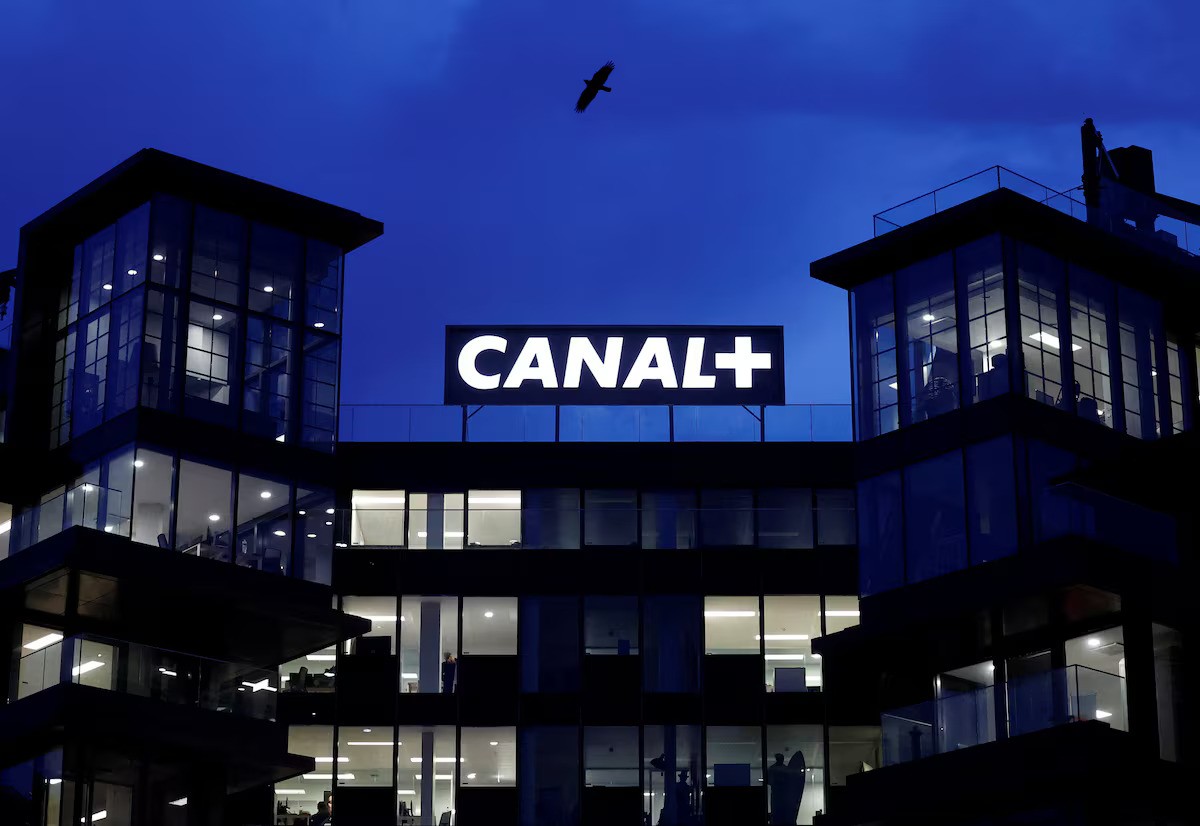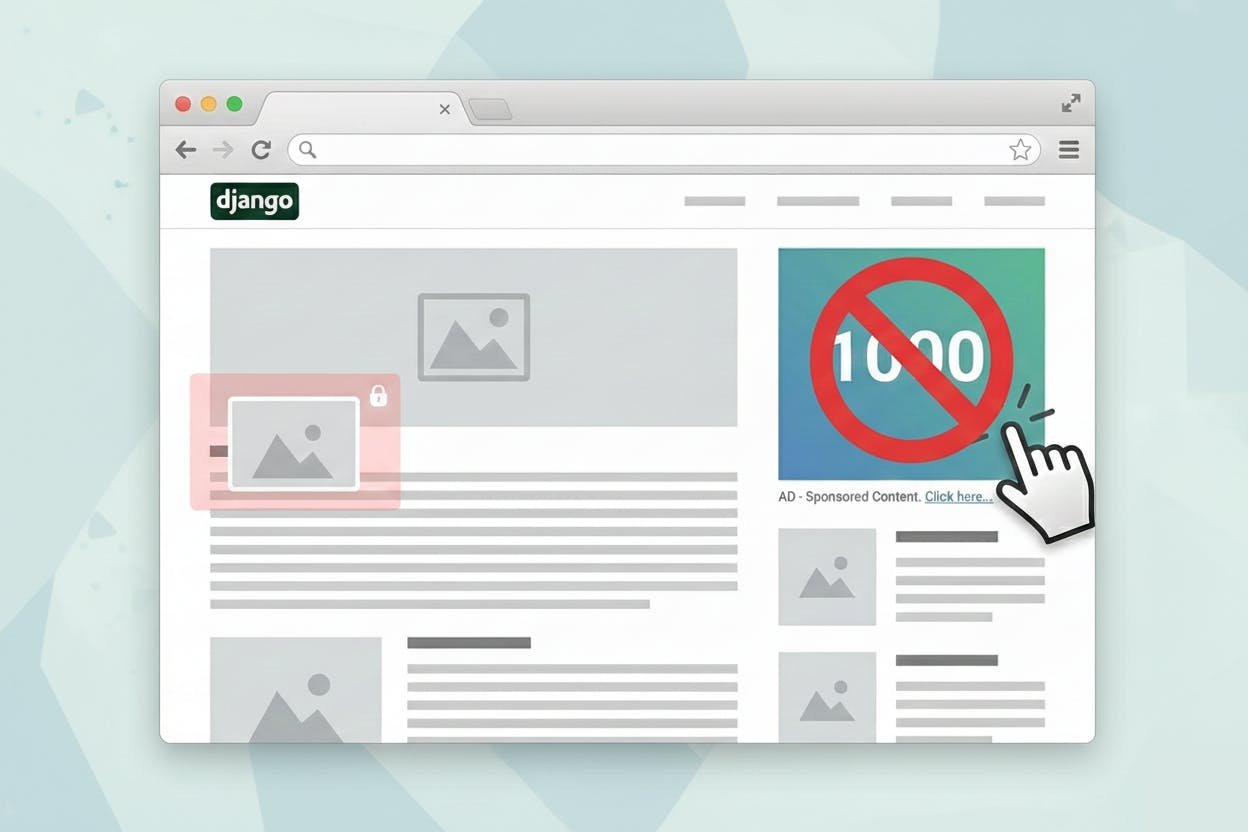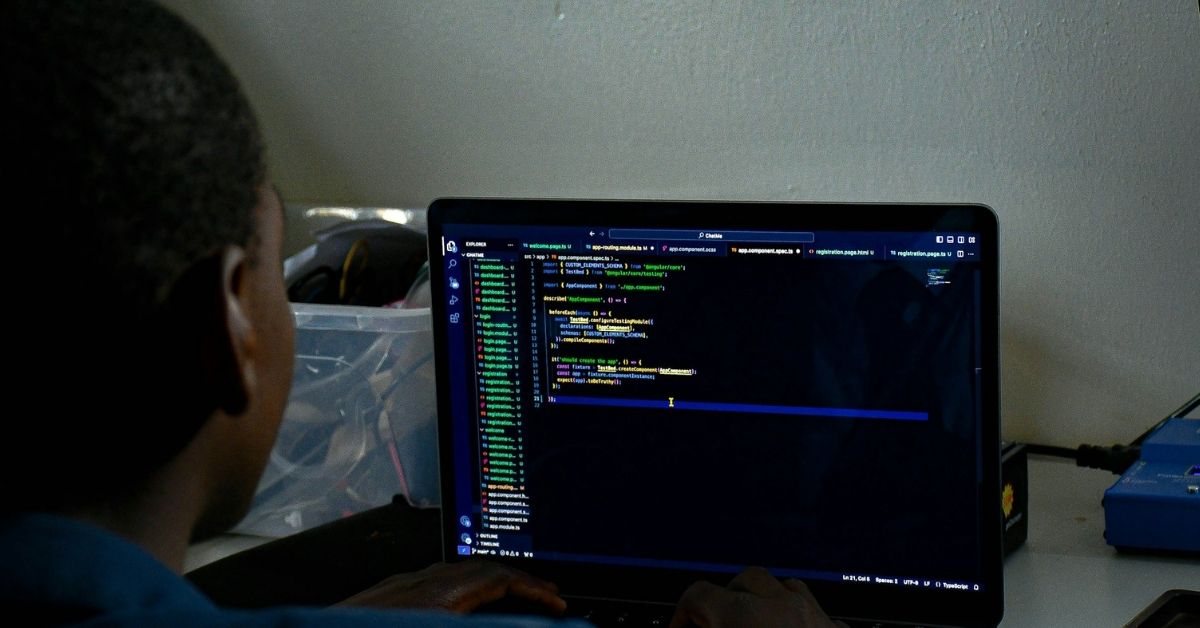In September 2025, Canal+ completed a 20-month corporate chess game to take control of MultiChoice, Africa’s largest pay-TV group. Beyond the headlines, this deal resets power in African media: foreign ownership at the top, a sprint to a single “super app,” and a new fight with global streamers. Here’s how the takeover unfolded and why it matters.
Canal+ wanted scale, sports rights leverage, and a deep local footprint across Anglophone and Francophone Africa. MultiChoice wanted room to compete with global streamers while stabilising a legacy decoder business. The result: a slow drift toward a buyout that solved both problems — capital and capability — in one move.
South Africa’s Electronic Communications Act caps foreign ownership of a South African broadcast licencee at 20%. Standing still, that rule would have blocked control. The workaround was structural: separate the South African broadcasting licence into a ring-fenced, locally controlled entity while Canal+ owns the wider group. Formally local in South Africa; strategically global at the parent. Deal saved.
The 20-month timeline and what each step meant
Feb 1, 2024 — The opening bid
Canal+, already the largest shareholder, makes a non-binding offer at ZAR 105/share. MultiChoice rejects it as undervalued, signalling the start of a drawn-out negotiation.
Feb 28, 2024 — Regulator forces the issue
The Takeover Regulation Panel (TRP) rules that Canal+ has crossed the 35% threshold, triggering a mandatory offer to all other shareholders.
March 5, 2024 — The firm offer
Canal+ raises its bid to ZAR 125/share in cash, valuing MultiChoice at about $3 billion and showing it intends to close the deal.
April 2024 – Canal+ increases Multichoice stake to 40%
Canal+ is increasing its stake to 40.8% between April 12 and 15, buying 3.5 million MultiChoice shares at an average price of R116 per share.
Jun 4, 2024 — Circular to shareholders
A detailed “Combined Circular” lands, outlining the full terms and timetable of the offer.
May 21, 2025 — First regulatory green light
The Competition Commission recommends approval, removing the biggest antitrust hurdle.
Jul 23, 2025 — Tribunal approval (with a catch)
The Competition Tribunal approves the deal but highlights the 20 percent foreign-ownership cap. Canal+ must find a legal workaround or risk collapse.
Aug–Sep 2025 — The reorganisation
MultiChoice carves out MultiChoice (Pty) Ltd, the local broadcast licencee, under South African control. The structure satisfies the law without losing Canal+ oversight.
Sep 19, 2025 — Offer goes unconditional
All conditions cleared. The takeover is now unstoppable.
Sep 22, 2025 — Canal+ takes effective control
A new board is installed, chaired by Maxime Saada, and MultiChoice aligns its financial year-end with its new parent’s.
Oct 10, 2025 — Offer closes
The final window for shareholders to accept the offer shuts.
Oct 13, 2025 — The tally
Canal+ confirms ownership of 94.39% of MultiChoice shares.
Oct 13 2025 — The squeeze-out
Crossing the 90% threshold lets Canal+ compulsorily buy the remaining shares and delist MultiChoice from the Johannesburg Stock Exchange.
What changes now
The dust has barely settled, yet the shift is already visible. Within weeks of the takeover, Canal+ moved to signal a new era for DStv and its sister brands. Decoder prices were quietly trimmed, a defensive play to slow subscriber churn while the company prepares its next big step: merging DStv, GOtv, and Showmax into one ecosystem.
Canal+ wants a single product that looks and feels modern, a “super app” where live TV, streaming, and payments coexist. The company’s French DNA gives it a strong content pipeline: new Ligue 1 matches have entered the DStv schedule, and “Open Time” weekends now let non-premium viewers sample higher-tier channels, a tactic designed to push upgrades without raising prices.
For households, this may mean more content at lower entry costs — at least for now. For African filmmakers and sports producers, it opens a bigger buyer with deeper pockets and an appetite for exclusivity. But it also tightens the gate: fewer distributors controlling what millions watch.
A new centre of gravity
Canal+ gains a distribution engine spanning 40 million subscribers and unmatched reach in both Anglophone and Francophone markets. MultiChoice, long the continent’s home-grown champion, now has the capital and catalogue to compete globally, but at the price of independence.
Regulators, for their part, have achieved a delicate balance: they preserved local ownership in law while effectively allowing a foreign parent to set the strategic agenda. That compromise will define future cross-border media deals in South Africa.
The takeover also reframes Africa’s streaming wars. Netflix and Amazon are now up against a competitor with decades of billing relationships, satellite infrastructure, and brand trust in living rooms across the continent. For the first time, the competition for African screen time may be led from Johannesburg and Paris rather than Silicon Valley.
The questions ahead
The next year will reveal whether the integration can match the ambition. Can Canal+ truly unify its decoder, terrestrial, and OTT products into a seamless experience? Will its lower-price play remain a permanent shift or a short-term hook? And how “local” can a foreign-owned broadcaster remain when its decisions — from sports rights to editorial priorities — ripple through African culture?
Whatever the answers, one thing is clear: this was more than a takeover. It was a handover of Africa’s television future, brokered in boardrooms but destined to play out in living rooms across the continent.









